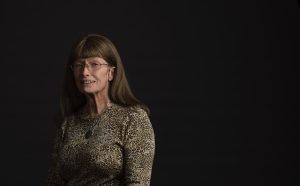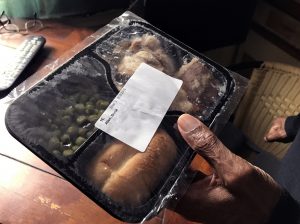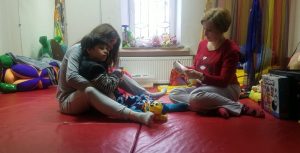After losing more than $600,000 in funding, a local LGBT organization is called to action
Local LGBT organization searches for funding after losing $600,000 grant
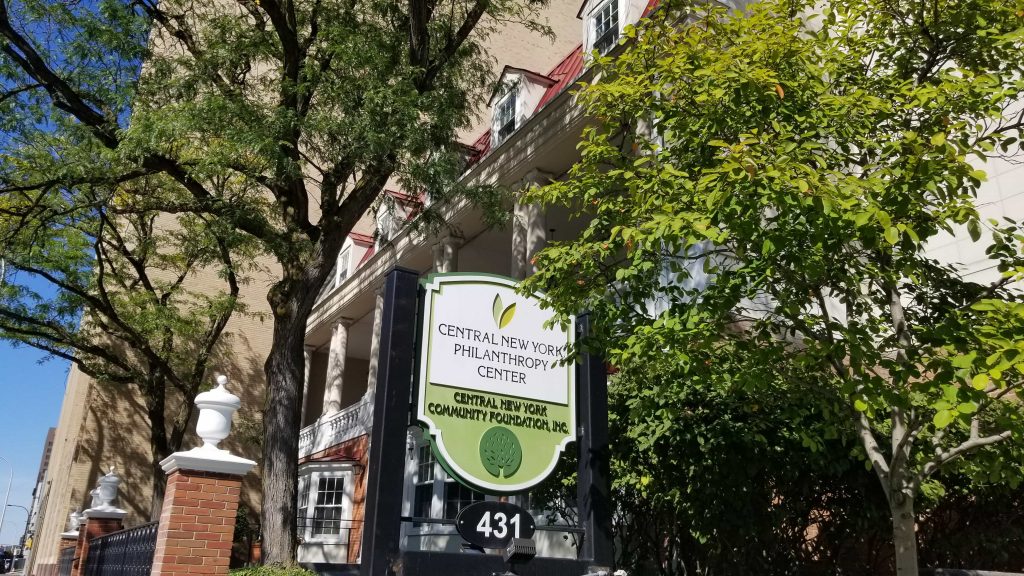
A Syracuse non-profit that serves the health needs of Central New York’s aging LGBT population is straining to make up for a loss of more than $600,000 in state funding over the next five years.
SAGE Upstate, local affiliate of the national organization Services and Advocacy for LGBT Elders, has relied on the state LGBT health grant for the majority of its budget since 2003. In 2018, funding from the grant accounted for approximately 54 percent of SAGE’s total $226,000 revenue.
Studies show that LGBT older adults have worse physical and mental health than their non-LGBT counterparts. LGBT older adults are likely to delay formal healthcare for fear of discrimination and have fewer options for informal care as they are more likely to live alone and less likely to have children than non-LGBT elders.
SAGE provides support groups, health forums, and social programming primarily for LGBT adults over 50 in order to build health knowledge and a supportive community that members can call on in a time of need.
Many of SAGE’s events are low cost and volunteer run. SAGE’s largest expenses cover rent for its facility at the Central New York Philanthropy Center on East Fayette Street and the salaries of two full time employees, executive director Kim Dill and program administrator Leslie Lamb.
The loss of the grant’s annual $130,000 in funding threatens staff cuts and SAGE’s outreach capabilities. Part of this outreach are regular events that SAGE holds in Utica and Oswego to provide programming for Central New York residents who can’t always make the drive to Syracuse, Dill and Lamb said.
With such a limited staff and resources, it is difficult to reach the full breadth of the Central New York LGBT demographic, Lamb said. A 2018 estimate from the Williams Institute puts Central New York’s 55 and above LGBT population at over 14,000 individuals.
SAGE had 3,271 sign-ins at programs last year.
This year, SAGE is shifting its focus toward local sponsorships and community funding.
“In a way, if we could secure it, it’s better because it’s people that you’re serving,” Dill said. “It’s people in your neighborhood, people in your own backyard, not people in Albany who decide what needs to be done in Syracuse.”
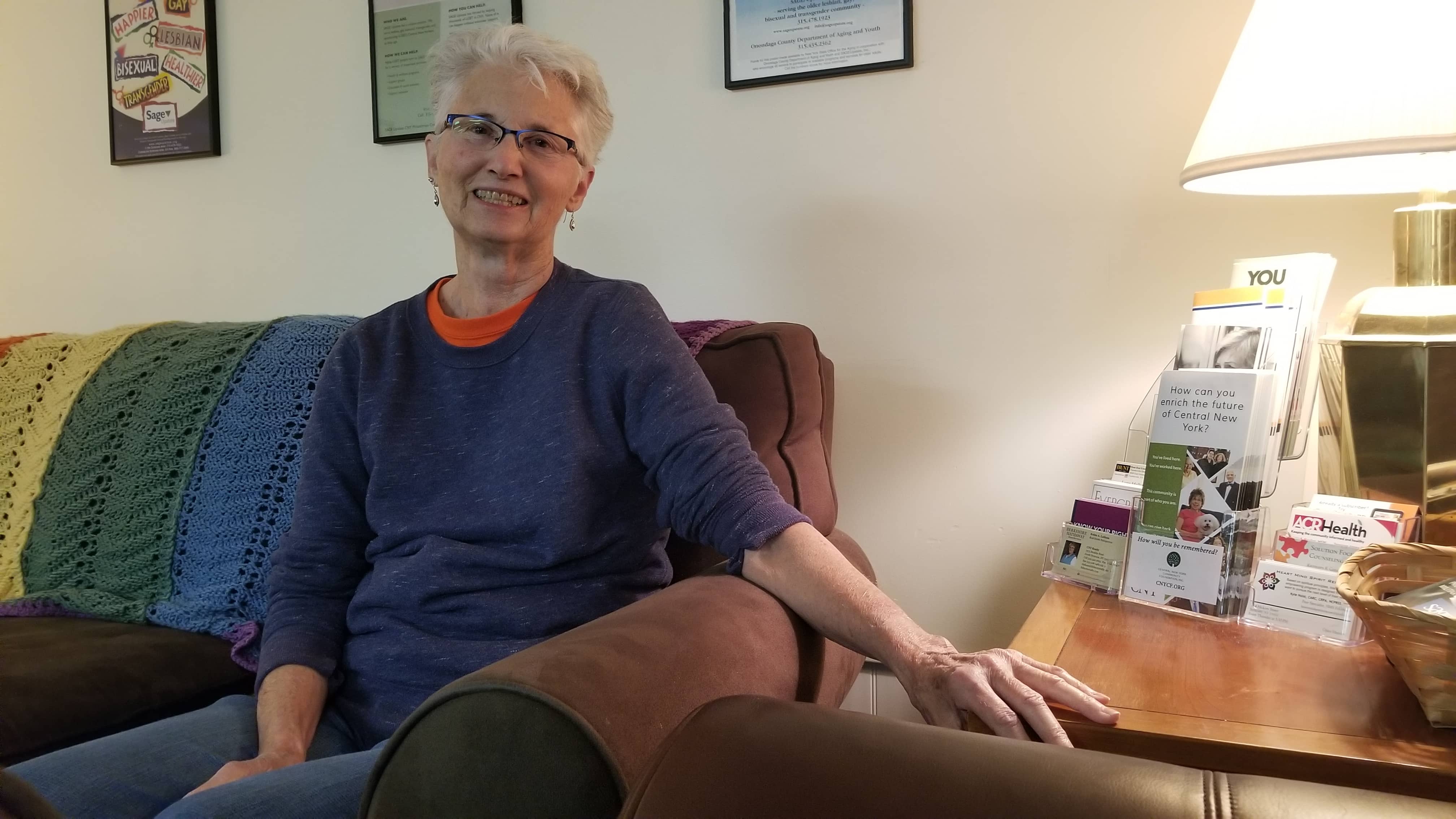
This year SAGE has also been supported by an increase in donations, said Rob Pusch, chair of the board.
“Then the dilemma becomes that a lot of people probably donated a lot of money, more than they typically would, or donated when they typically may not have in the past because they felt, ‘well, there’s this emergency,’” Pusch said. “It’s sustaining that that’s going to be difficult.”
This June, SAGE secured more than $10,000 in funding from the CNY Gay 5k, more than they have received in past years because Carrier Corporation, the event’s primary sponsor, decided to give all the proceeds to SAGE rather than split it amongst different groups.
That validation inspired SAGE volunteers to put even more effort into fundraising and finding sponsors for the event, Pusch said.
In another recent victory, SAGE volunteer and Syracuse resident Barbara Genton won $10,000 from WellCare, a health plans company, to donate to the charity of her choice for being an outstanding volunteer who promotes health and wellness for older adults.
Genton is one of about 30 SAGE volunteers and regularly contributes to the organization by hosting a falls prevention fitness class. This is one of SAGE’s many weekly social and wellness events for older LGBT people.
Beyond just the money, the WellCare award also provided visibility for SAGE within the community.
“I mean, when you’re the opening act for Blood Sweat and Tears — that’s me, you’re looking at her!” Genton joked, referring to the WellCare award ceremony that took place onstage just before a concert at the New York State Fair this August.
Genton shared how heart-warming of a community building experience it was to take part in the WellCare competition, which called upon community members to vote daily for Genton online for the award against 4 other finalists.
“It was a great way to get the community mobilized around SAGE and it was so fulfilling because then we won, and so these people then think ‘we really did something!’ It was a perfect thing for us,” Dill said.
Yet, the proceeds from the Gay 5k and the WellCare award only begin to make up for what SAGE lost with the state grant.
“It means that we’ll have to do more grants, fundraise among people who are our supporters now,” Dill said, “but we’re going to have to expand that to people outside of that circle, allies and others, who believe it’s important to have a space for older LGBT people.”
Moving forward, volunteers and the local community will determine what new shape SAGE will take in the wake of this major funding loss.

